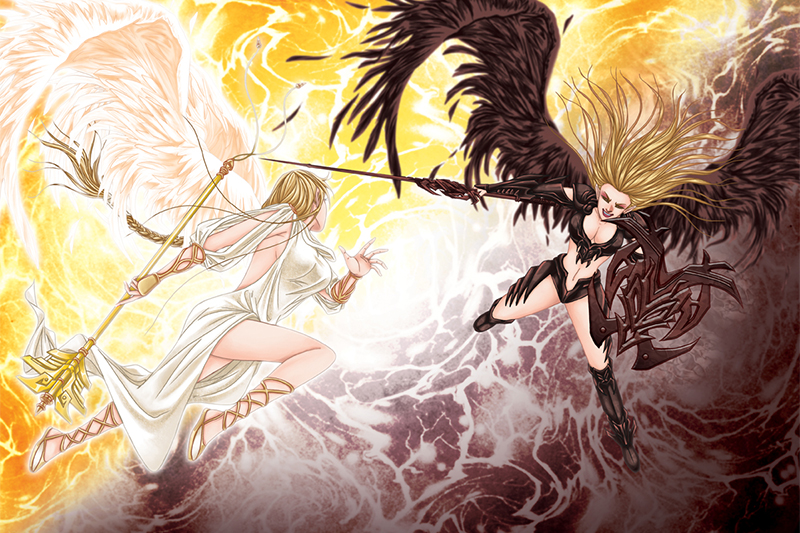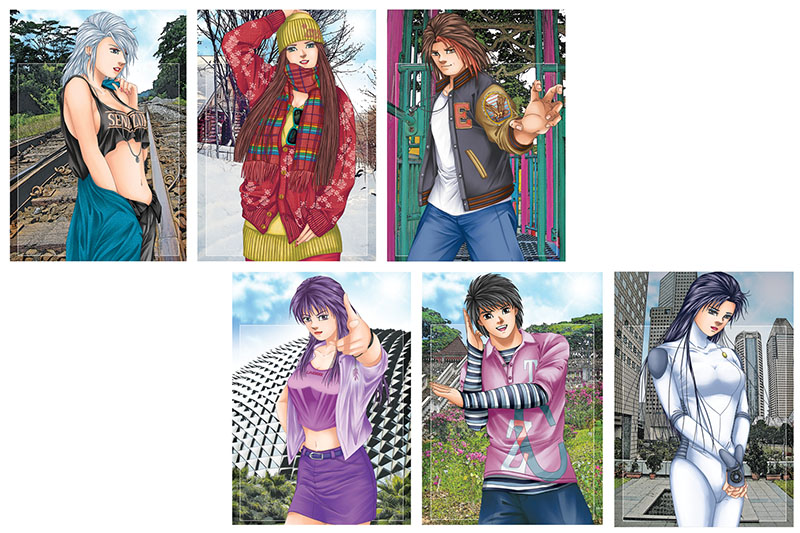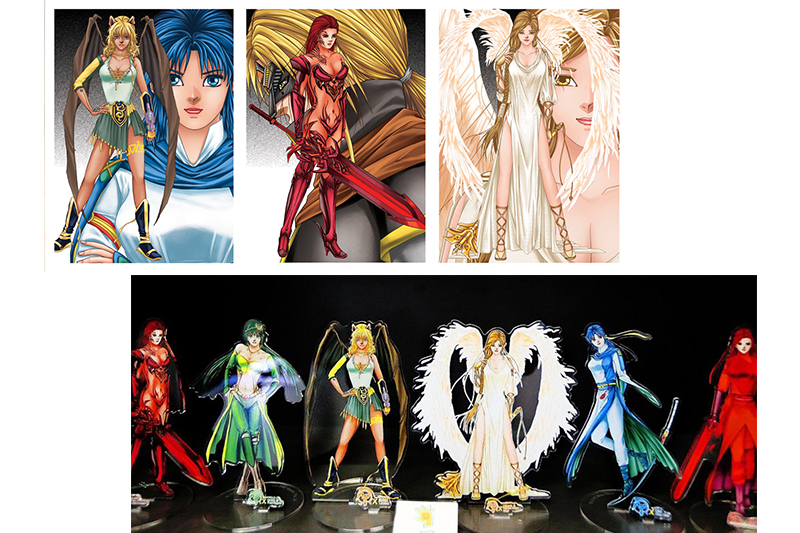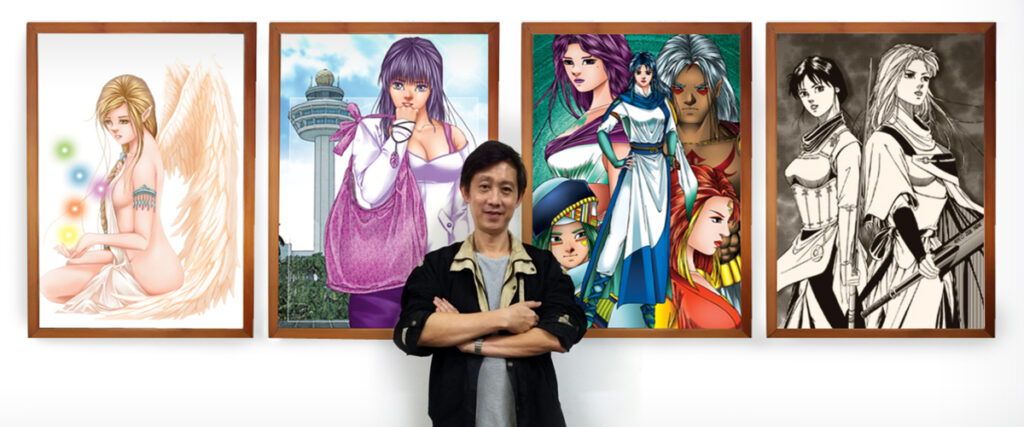When it comes to made-in-Singapore comics, nobody comes close to Wee Tian Beng, a veteran artist who’s illustrated over 200 volumes of comic books and taken them across the world.
In the face of stiff competition from abroad, where comic book characters like Batman and Captain America have become household names, homegrown artist Wee Tian Beng has defied the odds and remained a constant in Singapore’s comic book scene, producing over 200 volumes of comics, and selling a total of five million copies over 11 languages and 20 countries.

The 52-year-old artist’s talent reared its head from an early age, starting with the doodles of his childhood before moving on to the sketches he regularly did in secondary school. It was an incident back in 1989 that cast the die for Tian Beng’s transition from amateur to professional. He was summoned to the vice principal’s office at school and, given that academics took precedence over creativity back in the day, assumed the worst was coming. “Instead of reprimanding me, she asked me to submit my works to the press,” he recalls.
Tian Beng followed orders, sending his four-page comic to the papers who published it, spurring him on to create a full-length comic book, The New Frontier, a futuristic tale centred on outer space. The following years would see him honing his craft through series such as The Adventures of Wisely and Return of the Condor Heroes. Though wildly successful, they were adaptations of novels written by famous authors and not his own original creations.

Wanting something to call his own, Tian Beng went back to the drawing board in 1999 to produce his most famous work to date, The Celestial Zone series. Set in China’s Warring States era, the story weaved fantasy adventure with science fiction and took Singapore by storm after some initial apprehension. “Many bookstores didn’t want to sell our books when they found out I wasn’t adapting famous novels anymore,” Tian Beng said. “But I always believed that every famous work we know today was once unheard of”. The Celestial Zone became a surprise hit, going into reprint and being translated into several other languages.
In 2001 Tian Beng opened his own publishing firm, The Creative Zone. Offers to adapt his series for film and television came pouring in, but instead, he focused his efforts inwards, founding his own comic books society through which he collaborated with overseas publishers to distribute his work abroad, organised a comics festival and promoted budding artists. While many comic book artists work hand in hand with a writer, Tian Beng takes on both roles himself. “To illustrate, all you need is drawing skills, but to create a story and present them as artworks, you need a lot of knowledge and storytelling power.” To find that knowledge and understanding, Tian Beng has been there and done that. The most unorthodox thing he’s experienced? “Stepping in the shoes of a martial arts instructor to portray action scenes,” he says. “Above all, you need to have willpower and endurance to work on a comic, which can run into thousands of pages and characters.”

While many artists focus on their creative output over the business side of things, Tian Beng foresaw that digital comics would make comic book stores largely redundant, and so he turned digital himself. These days, he sells his comics as e-books via his website. “Through the Internet and social media, our comics have reached a bigger international market. We can connect with all our readers and sell to them directly.” He has also revisited his own techniques. “I still use pen and paper for basic line work, and rely on computers for colouring and special effects.”
The changing times present a major challenge for many established comic book artists, some of whom feel their books’ ability to capture the imagination is well and truly over. But, after 28 years in the business, Tian Beng begs to differ. “I don’t miss the golden era of comics. Instead, I’m looking forward to the renaissance of comics.” Concluding work on the final volume of The Celestial Zone X.2, he is now on the cusp of developing a new story that’s set in the future, one where humans are extinct and robots rule. “I just love to draw and have never thought of this as a job, so when people ask if I’m done with comics, I tell them that I ‘retired’ all those years ago when I went into this full-time!”




